- Home
- slideshows
- miscellaneous
- I just played the first 'Mario Kart' game for smartphones, and it's a lot of fun - but there's one major aspect of the game that frustrated me
I just played the first 'Mario Kart' game for smartphones, and it's a lot of fun - but there's one major aspect of the game that frustrated me
One caveat up front: As this is a closed beta test, we're not allowed to share images or video from "Mario Kart Tour." All the images in this piece are from other "Mario Kart" games.

So, what is "Mario Kart Tour"? It's very similar to the "Mario Kart" games you already know and love, but adapted to smartphones.
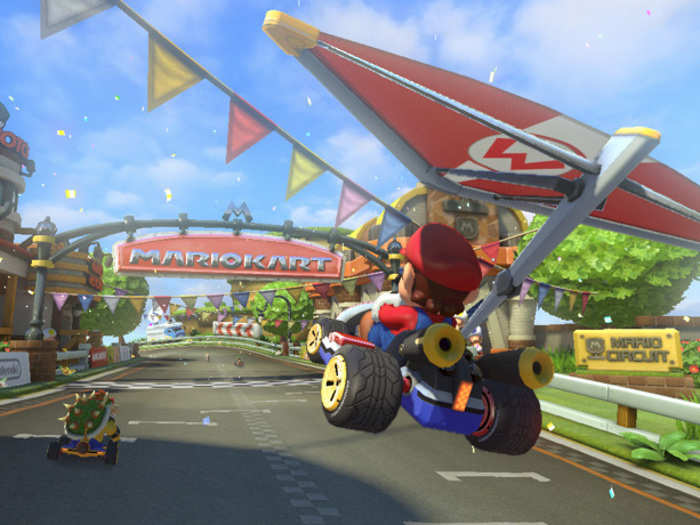
Like the latest entries in the long-running, beloved "Mario Kart" franchise, "Mario Kart Tour" features a mix of racing, battling, and item collection.
There's one huge difference to how the game plays: You don't have to accelerate or brake.
Due to the nature of "Mario Kart Tour" as a smartphone game, the gas and brake are handled automatically by the game. It's the one major adjustment I had to make when moving from traditional "Mario Kart" games to the smartphone version.
The other, more subtle adjustment: using a touchscreen to move my racer left or right. It is, frankly speaking, difficult to use — but no more difficult than any other smartphone-based racing game I've played.
The racing itself is fun, and many of the hooks from the most recent "Mario Kart" games are there.
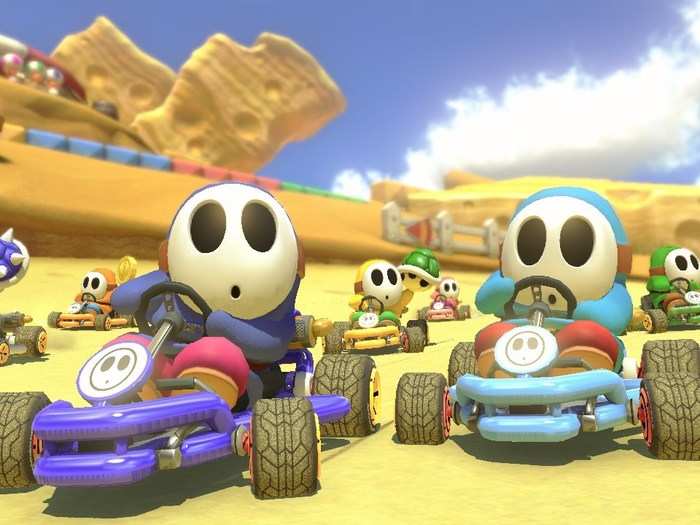
Despite the fact that the racers drive themselves, everything from the steering to the use of items to the little speed boost you can get at the beginning of a race is a delightfully accurate re-creation of the console games.
Tapping the screen while going over a jump offers a little speed boost, and carving around corners with a great drift also offers a subtle boost.
Using items is similarly simple: a swipe down drops the item behind you, and tapping on the screen sends items ahead (or, in the case of a mushroom, sends your racer speeding ahead).
The game feels fully featured in this sense — outside of the auto-acceleration mechanic, "Mario Kart Tour" feels like a full "Mario Kart" game.
"Mario Kart Tour" is a free game, which is good and bad.
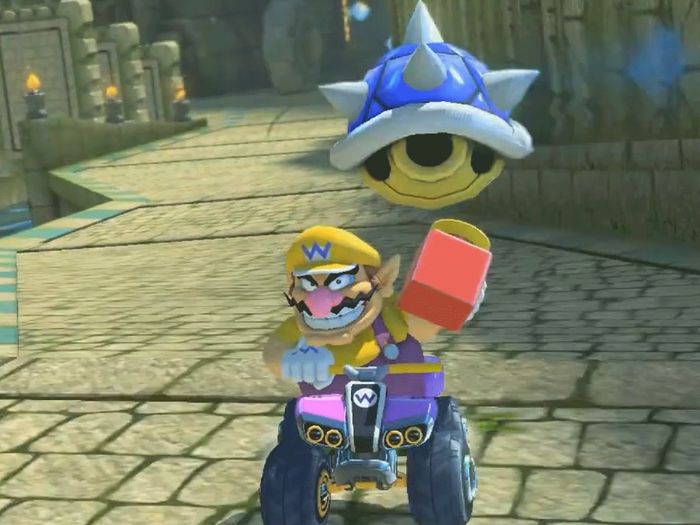
When "Mario Kart Tour" does arrive at some point this summer, it won't cost you anything to download and play.
Unlocking new courses — of which there are many, pulled from previous "Mario Kart" games on consoles — is a measure of playing the game rather than purchasing them outright with cash. Great!
That means there's a lot to do in "Mario Kart Tour" right off the bat.
There are a whopping 64 courses spread across 16 different "cups." There are 30 different drivers, and a mess of different vehicles to pilot and ways to outfit those vehicles.
But Nintendo needs to make money on this new game, and that's where microtransactions come in. There are multiple forms of virtual currency, and they're tied to unlocking those racers and vehicles, and even how long you play.
That last one is particularly unfortunate: A timer starts from the moment you open "Mario Kart Tour," and as time goes forward you lose "hearts." It's one of several different virtual currencies within the game that gave me pause.
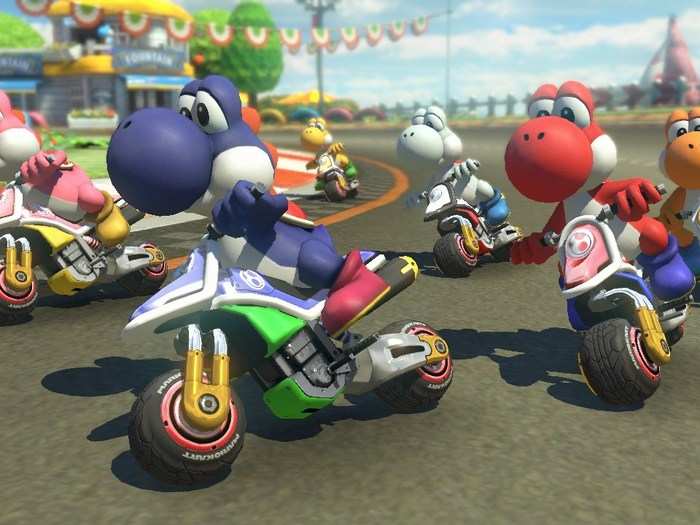
In the game's current beta form, there are a dizzying array of different currencies — hearts, coins, stars, and emeralds.
Before I say anything else about those, allow me to be say one thing: There are too many different currencies in the current version of "Mario Kart Tour." It's overwhelming. But that's far from the biggest issue with how the game's "free-to-play" system works.
Each currency corresponds to different things, but there's one in particular that's troubling: the heart currency is tied to how long you spend with the game open, whether you're actually racing, or you're browsing the game's storefront, or you're in menus, or whatever else.
The long and short is this: The longer you spend playing "Mario Kart Tour," the more likely you are to have to pay to keep playing it.
If you run out of hearts — which act like "energy" in other free-to-play games — you can buy more with emeralds. Without hearts, you'll have to wait until they replenish over time before playing more. It's not clear how long the final game will make players wait before playing more if they don't want to buy more hearts.
You can earn hearts and emeralds from racing, but not in very large quantities. What's most likely is, if you want to keep playing, you'll have to purchase some hearts with emeralds.
And how do you get emeralds? You buy them with real money.
Right now, there is no way to buy virtual currency or virtual items in the beta.
"Mario Kart Tour" isn't finished, and it doesn't even have a release date just yet, so I'll reserve judgment until the game's official launch. As it stands, the game is fun and worth playing — with some major caveats.
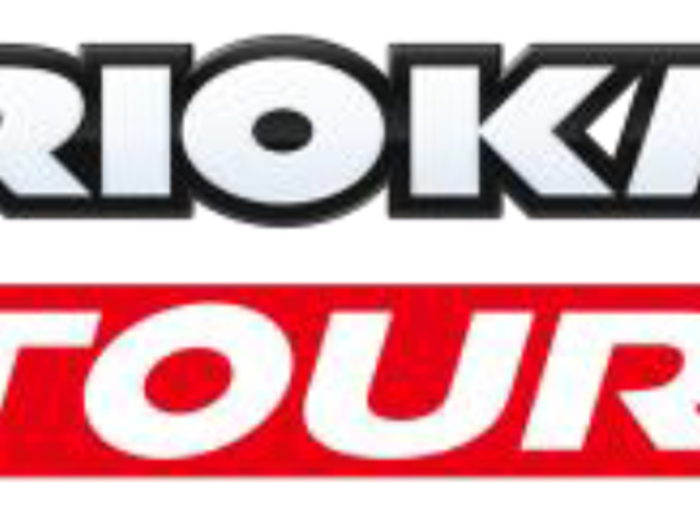
I've enjoyed racing in "Mario Kart Tour," and I'll continue enjoying it for the rest of the closed beta period (which ends in early June). I'm looking forward to playing more of the game when it officially launches later this year.
But it's clear that Nintendo still has to figure out a better way to implement the variety of different virtual currencies, preferably in a way that doesn't push players away from playing.
There are few things more frustrating than finding a game you really like and then immediately being told by that game that you have to continuously pump money into it to keep playing.
Here's hoping Nintendo can strike a better balance by the time the game arrives later this year.
Popular Right Now
Popular Keywords
Advertisement